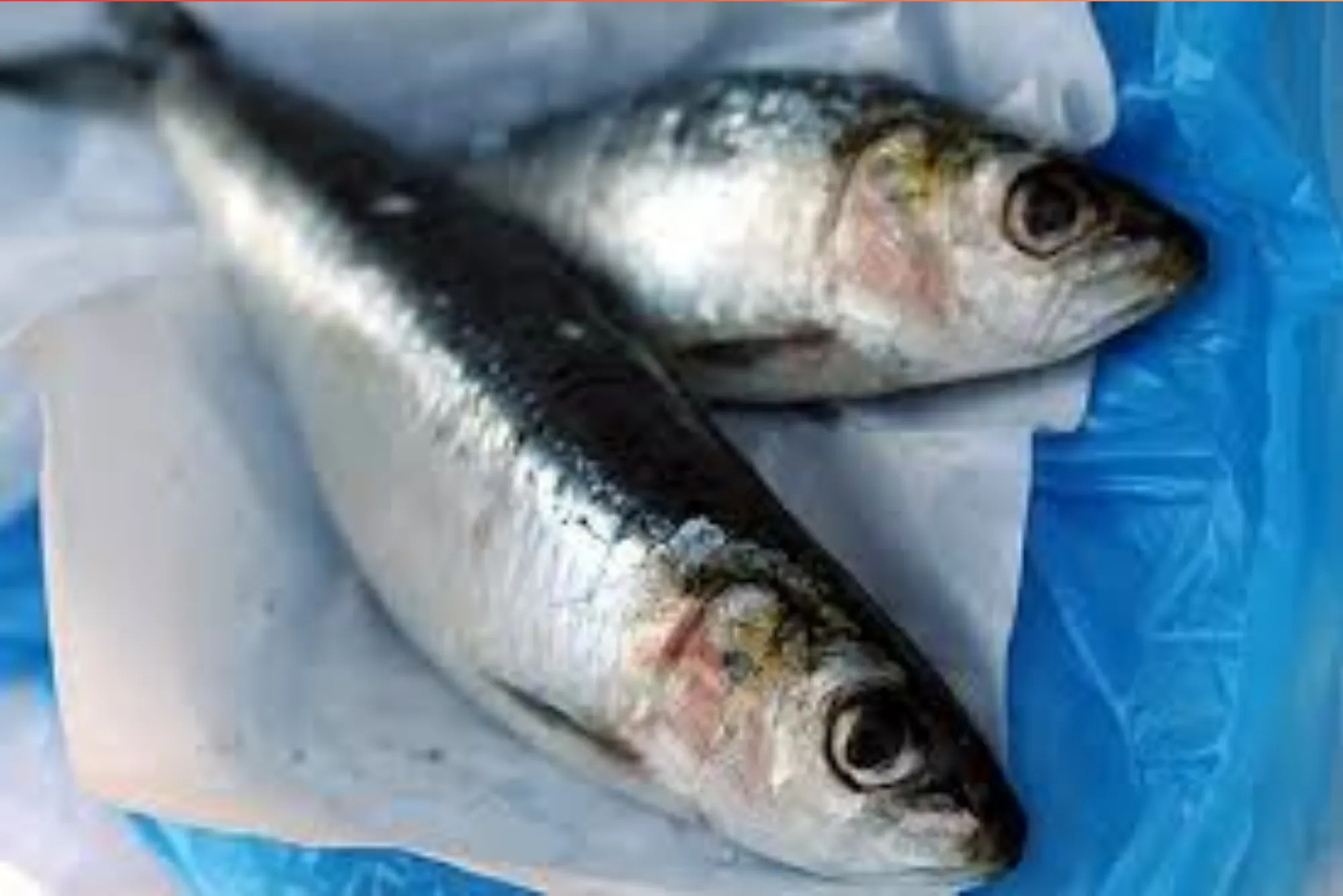Sardines are a nutritional powerhouse, offering a wealth of health benefits for families seeking affordable and sustainable seafood options. Rich in omega-3 fatty acids, protein, and essential vitamins, sardines support heart health, brain function, and bone strength. Their low position on the food chain means they accumulate fewer toxins, making them a safer choice for regular consumption. In this guide, we’ll explore how to select high-quality sardines, understand their Health benefits, and identify trusted places to purchase them.
Understanding the Health Benefits of Sardines
Nutritional Profile
Sardines are packed with essential nutrients that make them ideal for family meals:
Omega-3 Fatty Acids: Support cardiovascular health and reduce inflammation.
Protein: Provides all nine essential amino acids necessary for muscle growth and repair.
Vitamins: High in vitamin B12 and vitamin D, crucial for energy metabolism and bone health.
Minerals: Rich in calcium, selenium, and phosphorus, supporting bone density and metabolic functions.
Health Advantages
Regular consumption of sardines offers multiple health advantages:
Improved Heart Health: Omega-3s help lower triglyceride levels and blood pressure.
Enhanced Brain Function: DHA supports cognitive development and may reduce the risk of Alzheimer’s.
Stronger Bones: Calcium and vitamin D work together to maintain bone density.
Mood Regulation: Omega-3s are linked to reduced symptoms of depression and anxiety.
Selecting Quality Sardines
Fresh vs. Canned
Understanding the difference between fresh and canned sardines is key to making the right choice for your family.
Fresh Sardines: Typically offer better taste and texture. Look for clear eyes, shiny skin, and a fresh, ocean-like smell.
Canned Sardines: Convenient and shelf-stable. Choose options packed in olive oil or water and avoid those with added preservatives or high sodium content.
Sustainability Considerations
Choosing sustainably sourced sardines supports both your family’s health and environmental responsibility:
Low on the Food Chain: Sardines eat plankton, making them low in toxins like mercury.
Rapid Reproduction: Their short life cycles allow for quicker population recovery and stability.
Eco-Friendly Fishing Methods: Techniques like purse seining help minimize damage to marine ecosystems.
Where to Buy Sardine Fish
When looking to buy sardine fish, always select reputable suppliers known for high-quality, fresh seafood. It’s important to verify that the source follows safe handling practices and emphasizes sustainability.
One such trusted name is United Fish Dubai, a provider that emphasizes freshness, quality, and eco-conscious seafood sourcing. With a wide range of products, including sardines, families can shop confidently knowing they are getting the best seafood for their health.
To stay informed about new arrivals, promotions, and recipes, you can also follow them on Facebook for regular updates and insights into their seafood selection.
Incorporating Sardines into Your Family’s Diet
Sardines are incredibly versatile and can be prepared in a variety of delicious ways:
Grilled Sardines: Marinate with herbs, lemon, and garlic, then grill for a smoky, flavorful dish.
Sardine Salad: Combine with fresh greens, olives, cherry tomatoes, and vinaigrette for a healthy lunch.
Pasta with Sardines: Cook with olive oil, capers, and parsley for a hearty Mediterranean-inspired dinner.
Sardine Sandwiches: Spread sardine paste on whole grain bread with lettuce and sliced cucumber for a quick and healthy snack.
Addressing Common Concerns
Mercury Content
Sardines are a safer seafood choice compared to larger fish like tuna or swordfish, thanks to their lower mercury content. Their short lifespan and diet contribute to fewer toxin accumulations, making them safe for regular consumption.
Sodium Levels
Some canned sardines may have high sodium content. To reduce intake, choose varieties packed in water with no added salt or rinse canned sardines before eating.
Allergies
Individuals with seafood allergies should exercise caution and consult healthcare providers before consuming sardines, especially when introducing them to children for the first time.
Storage and Shelf Life
Fresh Sardines: Best consumed within 1-2 days of purchase. Store in the coldest part of your refrigerator or on ice.
Canned Sardines: Can last for several years if unopened. Always check expiration dates and store in a cool, dry place.
Tips for Buying Sardines on a Budget
To make sardine purchases more affordable for your family:
Buy in Bulk: Purchasing multiple cans or packages can often reduce cost per unit.
Look for Sales: Many seafood retailers offer seasonal discounts.
Compare Brands: Store brands may offer the same quality at a lower price.
Frozen Options: Frozen sardines often cost less than fresh ones and retain much of their nutritional value.
The Importance of Source Transparency
Knowing where your sardines come from is crucial. Look for packaging that lists:
Catch Location
Fishing Method
Processing Facility
Suppliers like United Fish Dubai are committed to transparency, making it easier for consumers to make informed choices.
Family-Friendly Sardine Recipes
Sardines can be easily included in family meals. Here are a few quick and nutritious ideas:
Sardine Tacos: Add grilled sardines to soft tortillas with avocado, cabbage, and lime.
Sardine Pizza: Use sardines as a protein-packed topping along with your favorite veggies.
Sardine Patties: Mix sardines with mashed potatoes and spices, form into patties, and pan-fry.
Conclusion
Adding sardines to your family’s diet is a smart, health-conscious decision. These small fish pack a big punch of nutrients and are both affordable and sustainable. When selecting sardines, prioritize freshness, sustainability, and trustworthy suppliers. Whether you prefer them grilled, canned, or baked into family recipes, sardines can enrich your meals with flavor and nourishment.
If you’re looking to buy sardine fish, trust providers like United Fish Dubai to deliver top-quality seafood. To stay informed about the latest seafood trends and updates, don’t forget to follow them on Facebook.
People Also Ask
Q: How often should I include sardines in my family’s meals?
A: Including sardines two to three times per week provides consistent omega-3s and essential nutrients.
Q: Are sardines safe for children?
A: Yes, sardines are low in mercury and high in nutrients, making them ideal for kids when introduced gradually.
Q: How do I know if sardines are fresh?
A: Look for clear eyes, firm flesh, and a sea-fresh scent. Avoid fish with cloudy eyes or strong odors.
Q: What’s better: fresh or canned sardines?
A: Both are nutritious, but fresh sardines offer better texture and taste, while canned are more convenient.
Q: Where can I find quality sardines locally or online?
A: Many reputable suppliers offer both online and in-store options with detailed sourcing information for confident buying.












